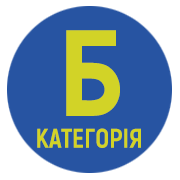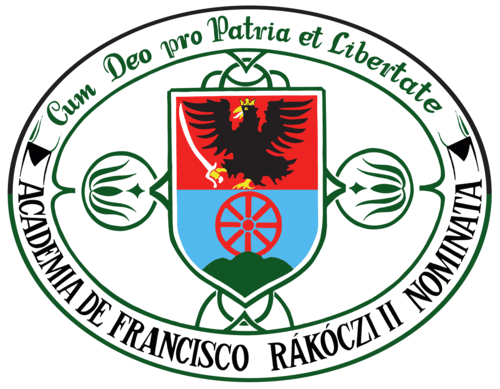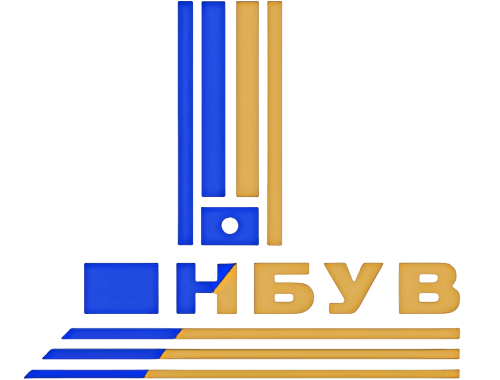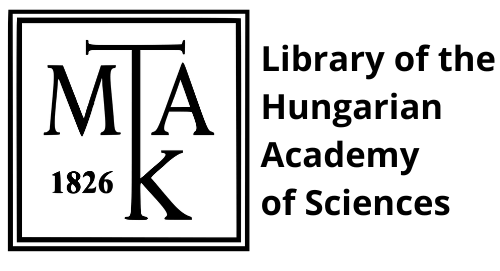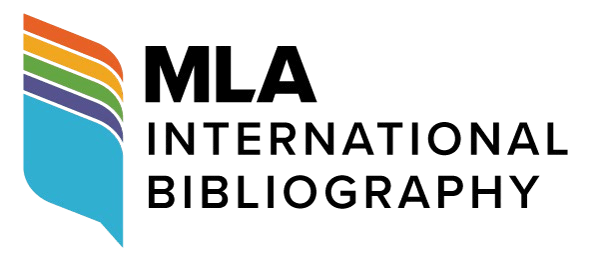Obsolescence of foreign words crossing here and beyond
DOI:
https://doi.org/10.58423/2786-6726/2022-2-149-160Keywords:
foreign word, total obsolescence, partial obsolescence, intermediary language, contact languageAbstract
In my study, I would like to deal with those foreign words that have become obsolete in Hungary, but are still in live use in other parts of the Hungarian language area. This is usually explained by the fact that speakers in the regions have adopted them from the language of contact, ie they are modeled on Serbian, Croatian, Slovenian, German, Slovak, Ukrainian or Romanian. Obsolescence can be complete, it can cover the whole word, then it is obsolete in all its meanings, but sometimes the use of the word only in a certain sense is old, obsolete, it is considered partial obsolescence. An obsolete foreign word or its equivalent in the motherland may appear in use in several ancient ways, and sometimes it appears only in one of the regions. For example, the word advokát 'lawyer, legal adviser', which is obsolete in Hungary, can be found in the same form, meaning 'lawyer' in the Hungarian regional languages of Transylvania, the Highlands, Vojvodina, Transcarpathia, Croatia and Mura region. In the meaning of ‘general trade’, the obsolete equivalent of the main name of the bazár occurs only in the Highlands, in the form of a bazár and a autóbazár, denoting a used car dealership following the Slovak model.
It seems a coincidence that the same word in one language becomes obsolete, is not required by speakers, and the other language needs and uses it, does not allow it to become obsolete. En pre-sumably has a rational explanation. It should be borne in mind that the acquisition of foreign words is not a phenomenon that takes place equally in different languages, so the path of a foreign word taken from contact languages is not necessarily the same as the etiology of an obsolete foreign word in Hungary. The time, place and method of receipt must also be taken into account for a proper evaluation. Quite a few foreign words came to Hungarian in Hungary through German me-diation, but their counterparts reached Hungarian Serbs via French and Serbian mediation. There are some obsolete ones among them. For example, obsolete kredit meaning ‘loan’ is of German origin in Hungarian in Hungary. In Vojvodina's parlance, the meaning of kredit of French-Serbian origin is, on the one hand, a 'loan, a loan' and, on the other hand, an amount of ‘money that can be negotiated (on a mobile phone); frame'. It has its first meaning in Transylvania, Croatia, the Mura region and the Guardian region, and the second in Transylvania and the Highlands. The phenome-non may also be related to the fact that speakers living in regions outside Hungary rarely use the Hungarian equivalent of an outdated foreign word, or do not know the foreign word at all under the influence of another language, in which case the kredit noun is used instead of the hitel noun used.
References
Kovács Kálmán szerk., 1968–1975. Szerbhorvát–magyar szótár I-III. [Serbo-Croatian-Hungarian dictionary]. Újvidék: Tartományi Tankönyvkiadó Intézet (In Hungarian, In Serbian).
Lanstyák István, 2011. A határon túli magyar szókészlet eredet szerinti rétegei, [Layers of origin of the Hungarian vocabulary beyond the border] In: Szabómihály Gizella – Lanstyák István szerk. Magyarok Szlovákiában VII., Somorja: Fórum Kisebbségkutató Intézet, 88–112. (In Hungarian).
Mićunović, Ljubo, 1988. Savremeni rečnik stranih reči [Modern dictionary of foreign words]. Novi Sad – Nikšić: Književna zajednica Novog Sada, Univerzitetska riječ (In Serbian).
Molnár Csikós László, 2017. Regionális idegen szavak a vajdasági magyar nyelvhasználatban, [Regional foreign words in the use of the Hungarian language in Vojvodina] In: Gróf Annamária – Kolláth Anna – Szoták Szilvia szerk. Szélrózsa, A Termini Magyar Nyelvi Kutatóhálózat 2014. évi lendvai konferenciájának anyaga [Wind Rose. Material of the 2014 Lendva conference of the Termini Hungarian Language Research Network Hungarian Language for Foreigners]. Budapest: Termini Egyesület, 61–71. o. (In Hungarian).
Szabómihály Gizella – Lanstyák István – Vančóné Kremmer Ildikó – Simon Szabolcs, 2011. Idegen szavak a magyar nyelv szlovákiai változataiban [Foreign words in the slovakian versions of the Hungarian language]. In: Szabómihály Gizella – Lanstyák István szerk. Magyarok Szlovákiában VII. [Hungarians in Slovakia VII.], Somorja: Fórum Kisebbségkutató Intézet, 243–252. (In Hungarian).
Tótfalusi István, 2008. Idegenszó-tár: Idegen szavak értelmező és etimológiai szótára [Foreign Vocabulary: An interpretive and etymological dictionary of foreign words]. Budapest: Tinta Könyvkiadó (In Hungarian).
Zaicz Gábor szerk., 2006. Etimológiai Szótár. Magyar szavak és toldalékok eredete [Etymological Dictionary Origin of Hungarian words and suffixes]. Budapest: Tinta Könyvkiadó (In Hungarian).
URL1: Termini Szótár http://termini.nytud.hu/htonline/htlista.php?action=searchbox (Accessed: 29. november 2021)
Downloads
Published
How to Cite
Issue
Section
License
Authors retain copyright and grant the journal the right of first publication. The work is simultaneously licensed under a Creative Commons Attribution 4.0 International License (CC BY 4.0), which permits others to share the work with appropriate credit given to the author(s) and the initial publication in this journal.

